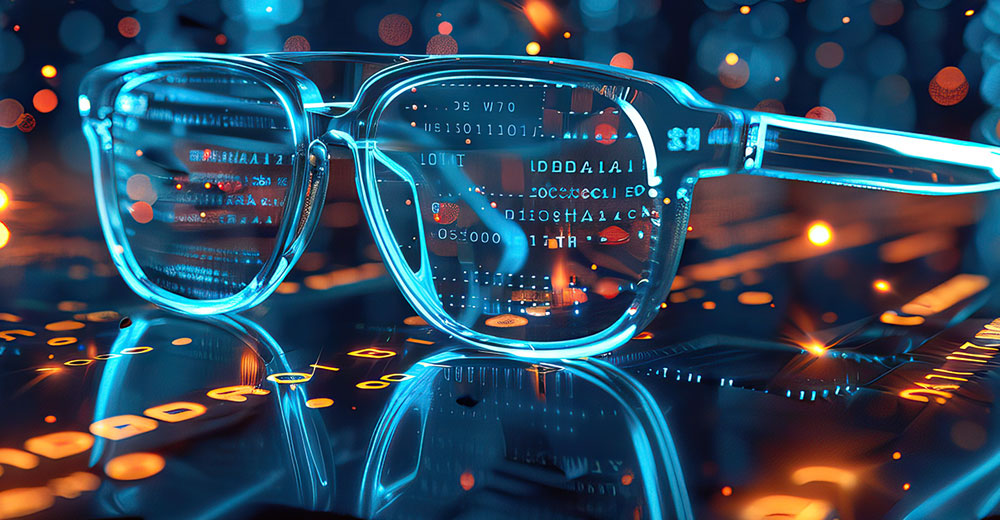Not long ago, I met a colleague wearing what looked like ordinary sunglasses. As we chatted, I noticed a small LED light flicker on the frame. He was wearing Meta’s Ray-Ban smart glasses, which can record video and audio. It struck me: in our increasingly connected world, the line between public and private is blurring. AI-powered wearables are becoming ubiquitous, silently capturing data—not just about us, but about everyone around us.
The Rise of AI Wearables
AI wearables like the Bee Pioneer bracelet, Limitless Pendant, and Plaud NotePin are designed to enhance our lives by recording conversations, summarizing meetings, and providing reminders. These devices process spoken data in real-time, offering functionalities such as personalized to-do lists and actionable insights. However, their always-on nature raises significant privacy concerns. For instance, the Bee bracelet records everything the wearer says, and while it doesn’t store audio post-transcription, the data is still processed through company servers.
Similarly, Meta’s Ray-Ban smart glasses have been released amid much debate about privacy and ethics. The glasses are designed to look like conventional Ray-Ban sunglasses, so critics fear users will be able to record or photograph those around them without their consent, raising fears about surveillance in public and private spaces. The glasses have a small white LED light that activates to show that they are recording, but whether this notification is visible or effective, especially in low-light situations, has come under scrutiny.
The Consent Conundrum
The core issue with AI wearables is consent—not just from users but from those around them. In many jurisdictions, recording conversations without all parties’ consent is illegal. Yet, these devices often operate discreetly, making it difficult for bystanders to know they’re being recorded.
A study from Boston University highlights the challenges of attaining third-party consent with wearable AI products. The issue isn’t new; taking pictures of people without their knowledge or consent has long been a concern. However, today’s wearable AI products are becoming more discreet and, in many cases, are equipped with access to large language models, amplifying the privacy concerns.
Real-World Implications
The implications of AI wearables extend beyond individual privacy. In healthcare, for example, wearable devices collect sensitive health data. There have been instances where companies have shared user data with third parties without explicit consent, raising ethical and legal issues.
Moreover, the data collected by these devices can be used to infer behaviors, preferences, and even emotional states, leading to potential manipulation or discrimination. As AI systems become more sophisticated, the risk of misuse increases, necessitating robust privacy protections and ethical guidelines.
Navigating the Future
As AI wearables become more integrated into our daily lives, it’s crucial to address the privacy and consent challenges they pose. Users should be informed about what data is being collected, how it’s used, and who has access to it. Manufacturers must prioritize transparency and provide clear indicators when devices are recording.
Regulators and policymakers also have a role to play in establishing guidelines that protect individual privacy without stifling innovation. This includes updating existing laws to account for the capabilities of modern AI wearables and ensuring that consent is meaningful and informed.
Final Thoughts
The advent of AI wearables offers exciting possibilities for enhancing our lives, from improved productivity to better health monitoring. However, these benefits must be balanced against the potential risks to privacy and autonomy. As we embrace these technologies, we must also engage in thoughtful discussions about consent, ethics, and the kind of connected world we want to build.
Let’s continue this conversation: How do you see AI wearables impacting your personal and professional life? What measures do you believe are necessary to safeguard privacy in this new era?

